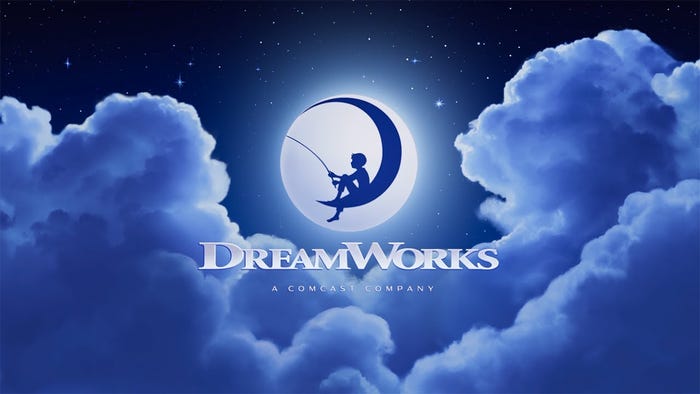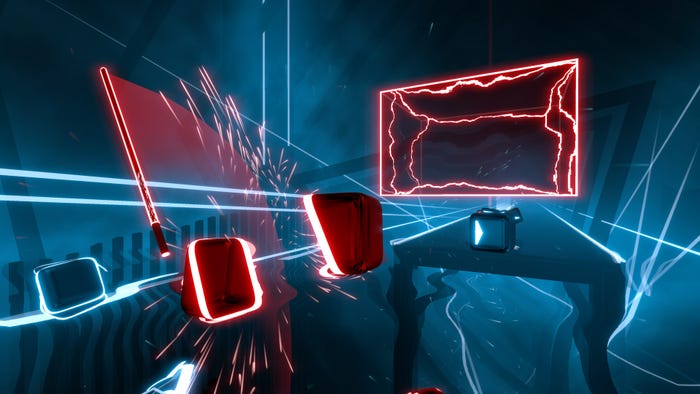
Featured Blog | This community-written post highlights the best of what the game industry has to offer. Read more like it on the Game Developer Blogs.
Bughunt - 5 Essential Tips for Product Survival
BUGHUNT - Essential Tips For Product Survival. This blogpost looks at the essential 'to do' list before product launch. Avoiding the pitfalls of a untested product and ways in which you can hone the player experience.

BUGHUNT - 5 Essential Tips For Product Survival.

In my last two posts I covered the 5 mistakes that indie developers are still making and the importance of creating virality in your video content in my blog post "Make it Spreadable".
This week I'm going to cover some useful insights on what indie developers can do prior to launch to make sure that they have optimized their product before it goes live. No matter how prepared and how skilled your team may be, stumbling at the final hurdle after the product has shipped can have a devastating effect on your projected forecast for reviews and more importantly sales. Nothing will crucify your product faster than a series of bad consumer reviews which is then in-turn picked up by the specialist press. The specialist videogaming press love an underdog story, they crave strong product but they also love a disaster story. A bad consumer review is far more important to you than being awarded a mediocre review score from a specialist press outlet - its the core reason that Amazon utilises consumer reviews as part of product marketing. I can pretty much gurantee that at no point have you made a purchase on Amazon without first reading what other consumers had to say about the item in question. It comes down to trust and the 'brand experience' -you'll consider the feedback from a complete stranger as a more important gauge of product quality than you would a trusted outlet because you want to remove any aspect of impartiality. You'll take the feedback from someone else to help make an informed decision to buy because that user experience is crucial to you as a customer.
Everything you have worked on for the last year can be undone in less than a week if the product is not up to scratch with the consumer and press, god forbid those 7 day working weeks and 18 hour crunch periods end up being a total waste of time.
if I had to pick 5 points you should be cross checking prior to launch thn these might help steer you in the right direction.

1.) Test, Test, Test and Test - Then Test some More!
I can't emphasize this enough, if you think you have tested the product enough test it again and then test it again. Build in plenty of time to bug test the product as much as possible, allocate budget for QA testing or a QA manager to ensure your release is robust is extremely important. Stress testing and breaking the product before you ship it is probably one of the most vital aspects of your product lifecycle. if you don't have an internal QA dept or manager talk to companies that specialize in providing QA support. Closed Alpha testing, closed and open Beta testing and bug testing are stages in the product where you have every opportunity to fix and improve.

2.) Mock Reviews - Critical feedback
In some cases having your game critically reviewed by a trusted journalist with a good few years of product evaluation under his/her belt is highly recommended. Mock reviews are not published for the general public and only you and your team will see the end results, the review is written in exactly the same way it would be if it was going to be published, this way you get see where improvements if any are required. Is the game too short, is the games U.I clear enough, does the sound work okay or does music and dialogue clash?, is the game fun to play or is it repetitive, is the story or scripting good enough? - all these and more answers to any doubts you have can be highlighted by a fresh set of eyes with a mock review. prepare to budget for at least two mock reviews from two different journalists or organisations. A PR agency or PR consultant can help guide you through this process but be sure to ask to see the journalists credentials or background so that its relevant to your product. Consider having one mock review at Alpha and one mock review 3-4 weeks from launch.
3.) Listen to your Community
Bouncing some ideas off your community should also be considered, after all, these guys have been with you for every step of the way so far, be it from the initial Kickstarter days or the very first follows and likes you got from your YouTube teaser trailer. Involving your community in all apsects of the lifecyle where you feel comfortable to do so helps install trust, these guys probably feel like they care more about the project than you do so bringing in a community contribution to ideas and feedback can help you identify areas of your game where you might not be confident. It pays to use a controlled platform to do this so having people register to access a dedicated forum is wise, one that is moderated is also advised - you want to be able to collate the feedback and action any standout points.

4.) Be Prepared to Delay and Fix
Just because you're signed up with a publisher and your launch date has been marked on the calendar with press releases and marketing all ready to go YOU have the final say if you're product is ready or not. Any doubt you have about product stability needs to be discussed with your team first, then the publisher. If you need to delay the product by a week or two in order to fix the issues then do it because once your game hits the store for general release you will be directly responsible for the quality of the player experience. Far better to delay the release to fix your product and cause an upset now while you have control over the product before consumers access it.

5.) Communicate with transparency
Okay, so now you've delayed the release of the game for a week now what?, key here is to be transparent, both with press and consumers. Its nothing to be ashamed about, especially if you have the end user experience in mind, you want a product you can be proud of, consumers want a product they get good value from. The publisher can send out an email to press to notify them of the delay, if publishing directly you can hire a PR consultant or a dedicated PR agency to handle this aspect for you. Be sure to update blogs and newsletters with any delay and be open and honest as to why you are delaying it - honesty is really the best policy here and press will completely understand. There's no room for smoke and mirrors here at this stage, if the game is going to be a better and a more stable product after the delay then you have absolutely nothing to be ashamed about. On the other hand if your game still stinks the room up after all your testing and bug reviews and there's still no way to get it right then that's a whole new conversation to be had.
You can find out more tips and help from my book Front Towards Gamer: Videogame marketing & PR for Indies, Kickstarter and Startups available on Amazon $9.99.
Read more about:
Featured BlogsAbout the Author(s)
You May Also Like













